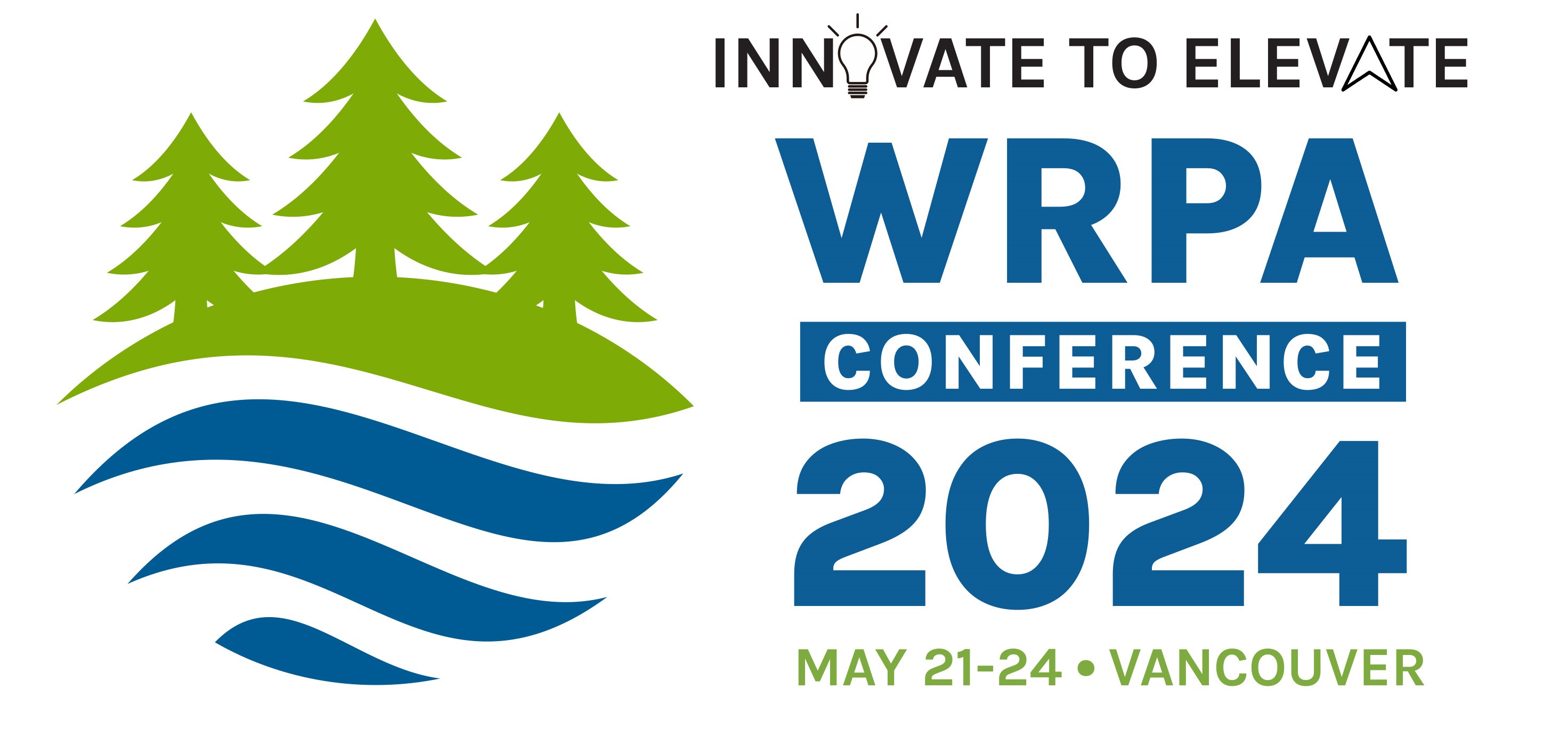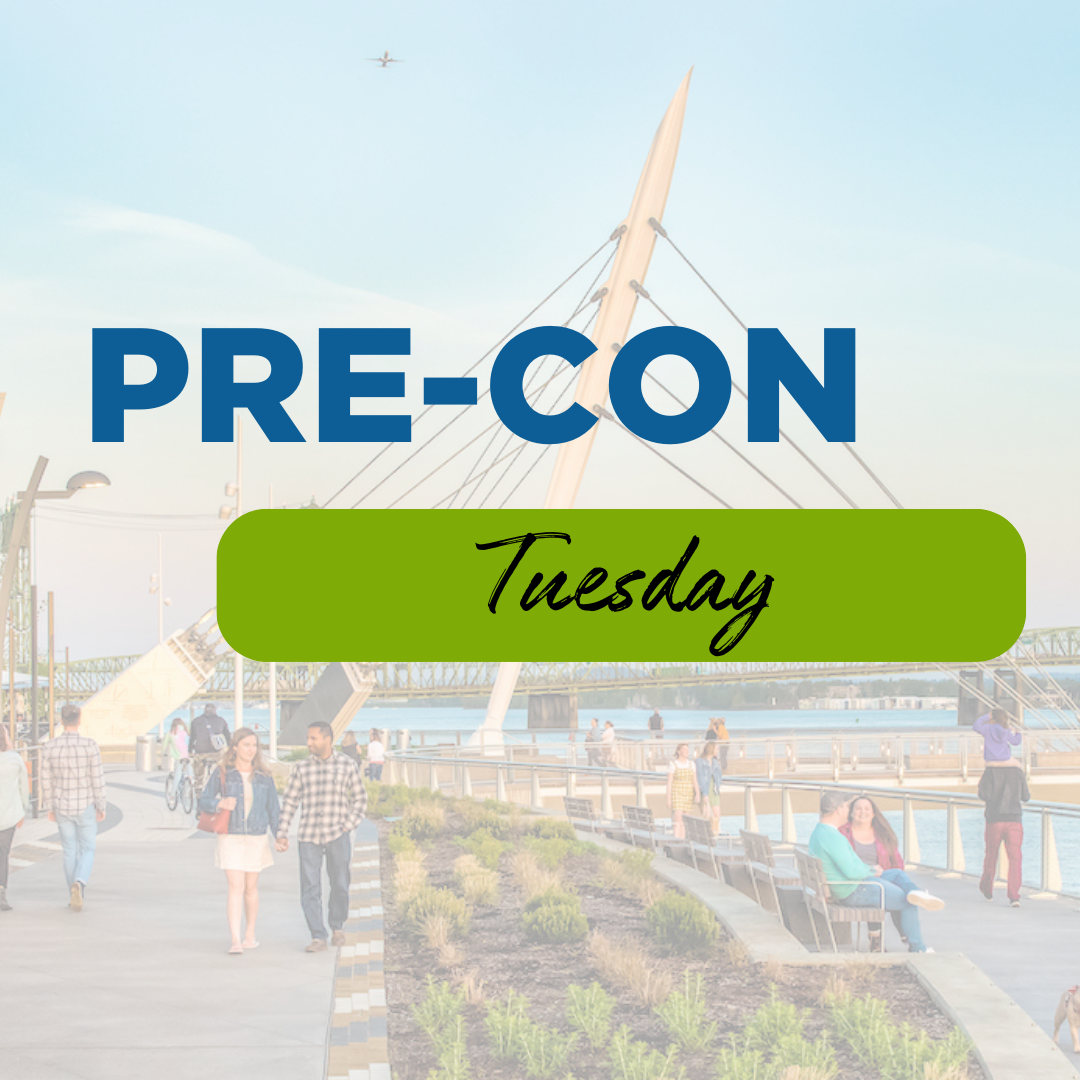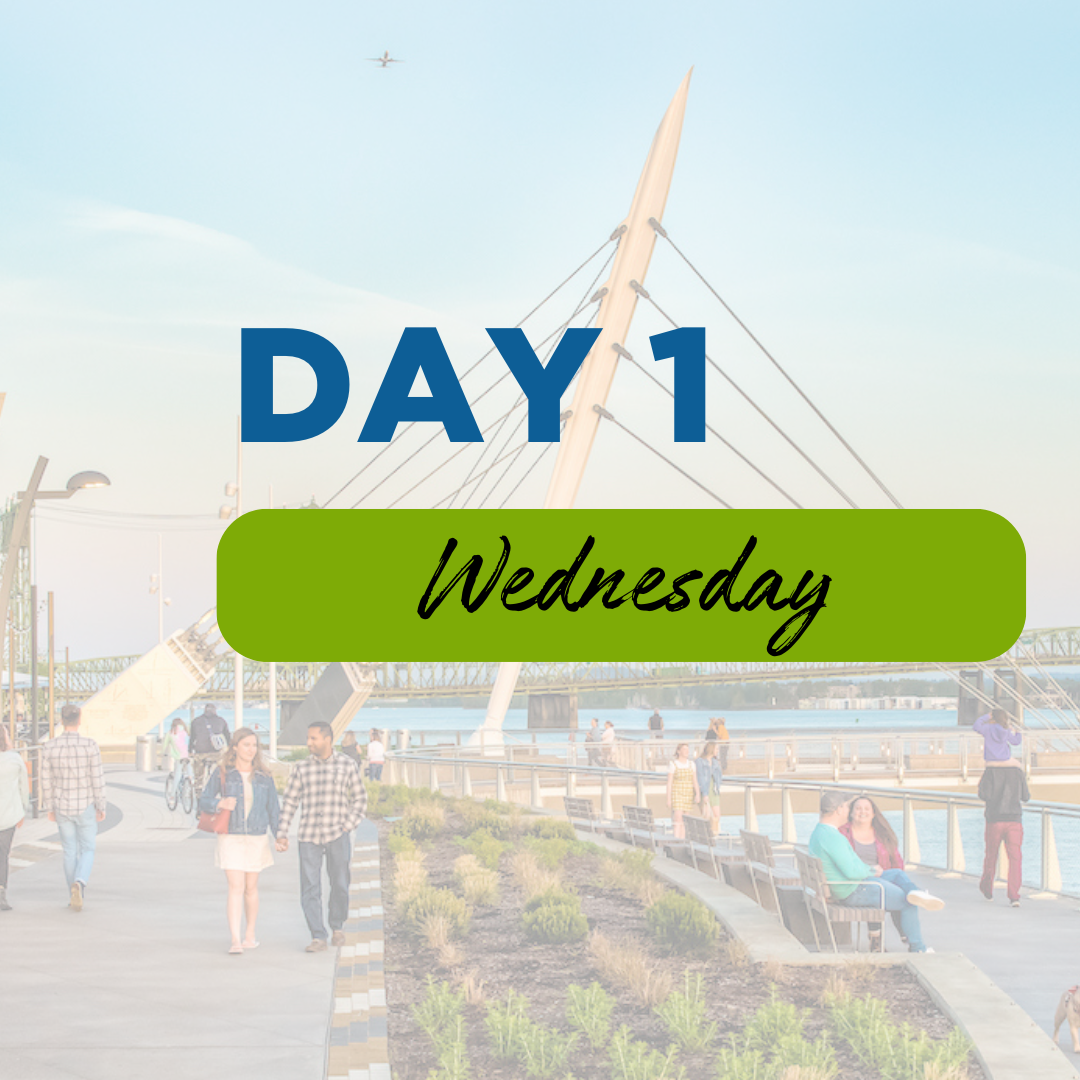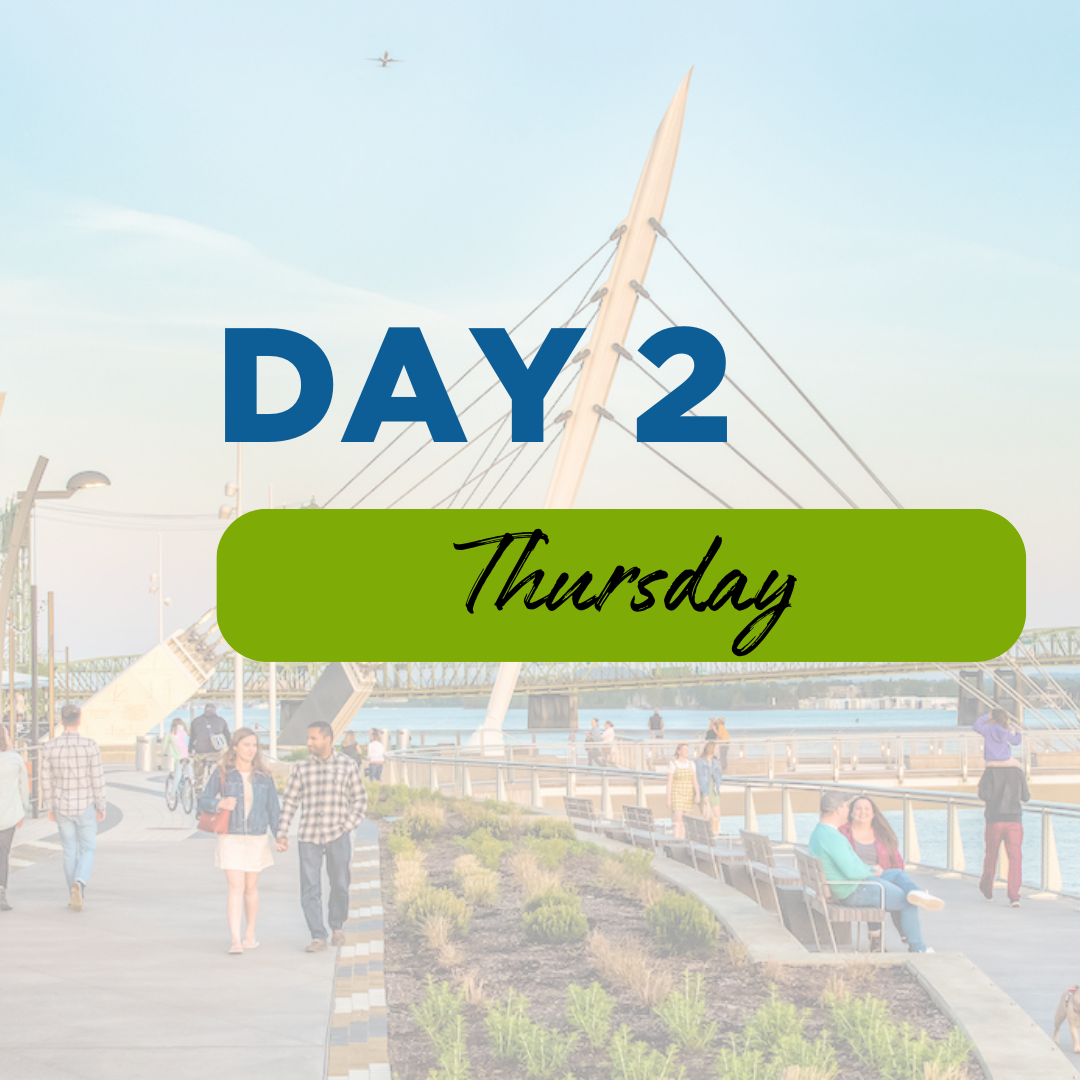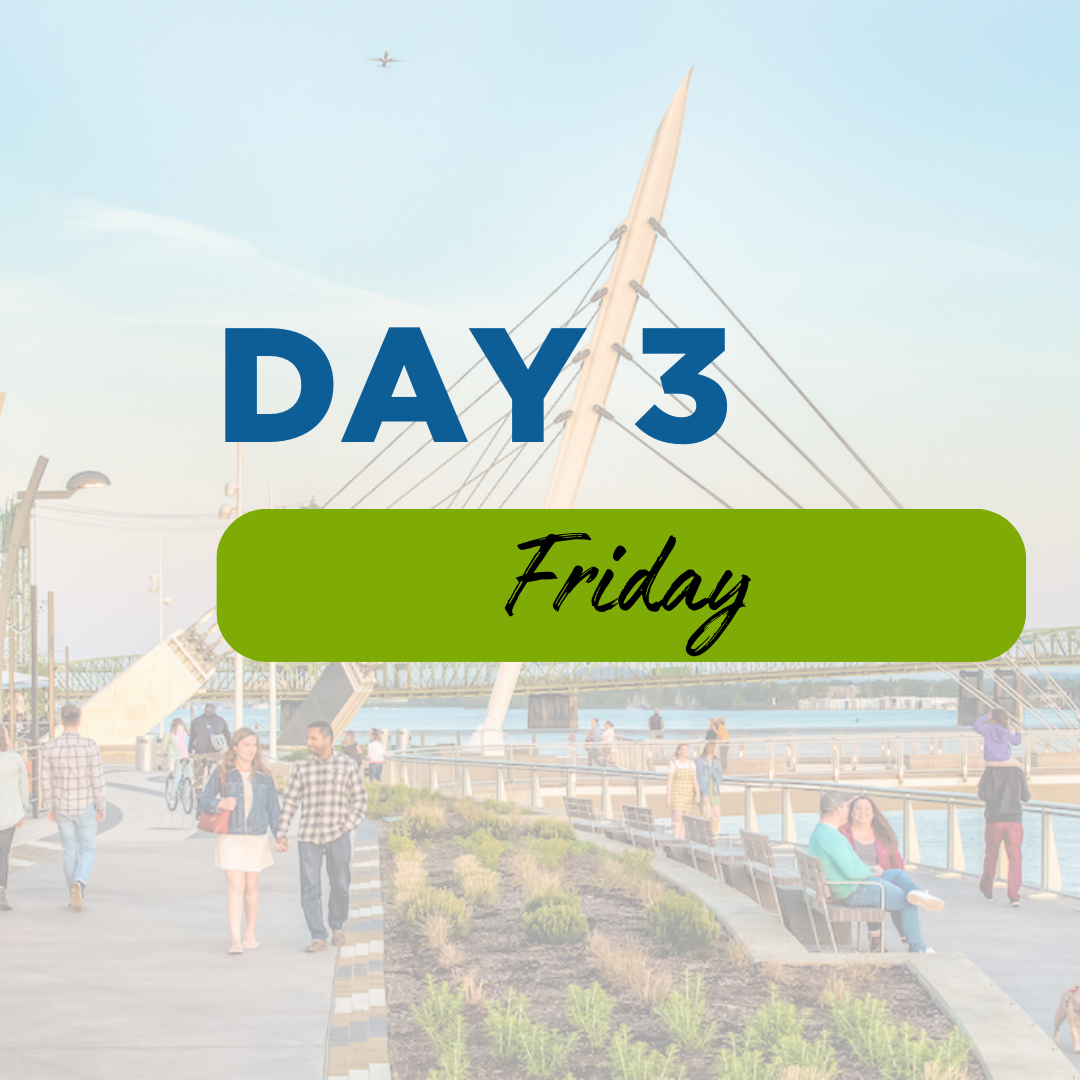- About
- Advocacy
- Professional Development
- Membership
- Get Involved
- Grants & Awards
- Resources
|
|
|||||
| About | Registration | Schedule & Keynote Speaker | Socials | Networking Dinner | Golf Tournament | Pickleball Tournament | Travel Info | Sponsor & Exhibit | Attendee Info | Know Before You Go |
Schedule-at-a-Glance:
The WRPA Conference Committee is excited to be producing a program for WRPA 2024. We are still refining our session details and activities. In the meantime, we encourage you to take a moment to review the schedule-at-a-glance. Check out our keynote speakers below.
To view the complete schedule, start by choosing one of the conference dates below:
Opening Keynote Speaker

Erin Jones
Erin Jones has worked in and around schools in different capacities for over 30 years. She has worked and done consultations for non-profits, government agencies and businesses. She has worked and lived in 5 states, from the East Coast to the Midwest to the West Coast, in communities that were predominantly White communities to communities that were predominantly Black communities to those that boasted dozens of languages and cultures. She has been recognized locally and nationally for her work in education and equity. She has also received recognition as and athlete and was invited to try out for two WNBA teams. After 20 years of playing soccer and 35 years of playing basketball, Erin now runs long distances and is devoted to regular OrangeTheory workouts. Erin and her husband, James, have been married for almost 30 years and have three adult children - two who work in education and one who designs video games.
Keynote objectives:
- Participants will be inspired to think about the roles of their own stories and identities
- Participants will be inspired to think about WHY they do WHAT they do WHERE they do it.
- Participants will be challenged to think about what it will require for each of them to ‘fill their buckets” in order to come to work “full”.
Workshop objectives:
- Participants will learn about and practice strategies to help them engage in difficult conversations (gratitude, establishing brave spaces, grounding-in)
- Participants will unpack their own WHY, WHAT WHERE stories.
- Participants will develop a better understanding of how their own stories and experiences have shaped why and how they do their work, as well as how to consider how different lived experiences of colleagues and constituents may shape their experiences of parks and recreation.
- Participants will develop a plan for self-care that is practical and doable.
Closing Keynote Speaker
Parfait Bassalé
Parfait Bassalé (he/him) is a true catalyst for change; he is a change strategist, organizational development professional and singer-songwriter who helps individuals and organizations create a culture of belonging. Parfait achieves this through engaging keynotes, workshops, and coaching that leverage the virtues of storytelling, music, and reflexive inquiry. During his five-year tenure as the Executive Diversity Officer at South Puget Sound Community College (a 2023 ASPEN Top 10 Community College finalist), Parfait championed a culture of belonging and implemented equity programs that reduced the achievement gap for historically excluded students. Parfait Bassalé holds a Masters in Conflict Resolution from Portland State University. He has supported many state agencies, boards, non-profit and private sector organizations with their diversity, equity and inclusion initiatives. He is a Social Justice and Equity Commissioner for the City of Olympia and sits on the Olympia Education Foundation Board of Trustees. Parfait Bassalé is an alumni of the Washington State Diversity, Equity and Inclusion Council.
Description:
Fostering belonging isn’t an easy task operationally. It requires an understanding of the pivots that produce it as an interpersonal outcome. This session guides participants through the internal transformation needed to lead equity and belonging work, a different paradigm to approach our past, our future, and the injustices we seek to rectify.
Objectives:
- Understand critical pivots needed to achieve equity.
- Assess and reflect on one’s habits, behaviors, patterns, and policies that create barriers to belonging.
- Begin outlining alternatives to foster greater belonging for your teams.

